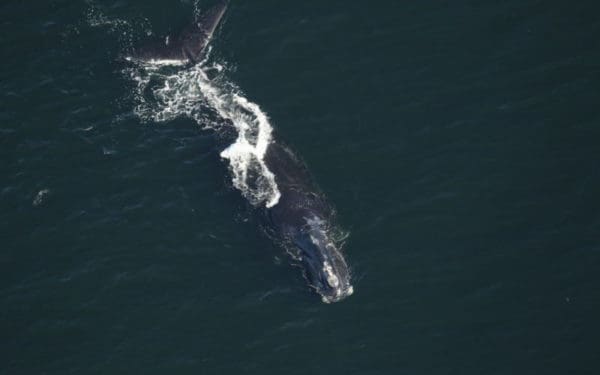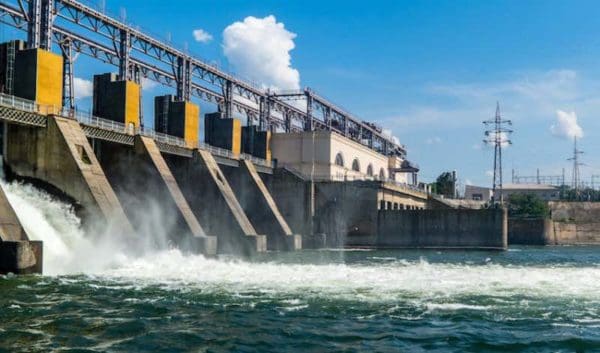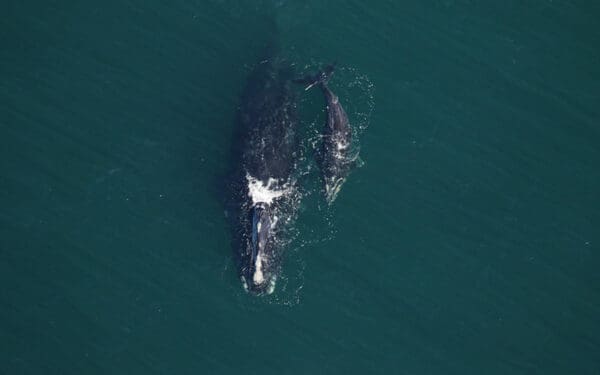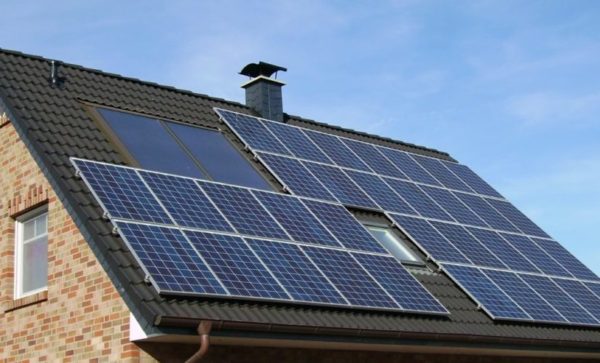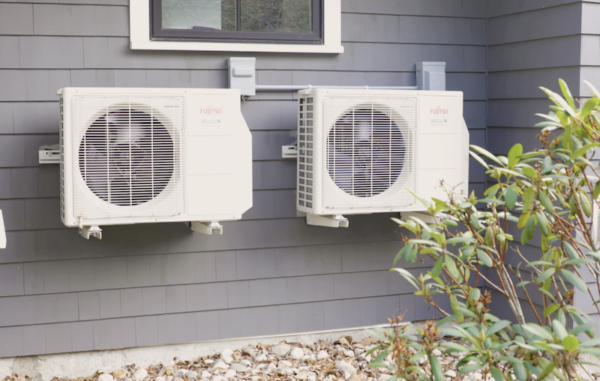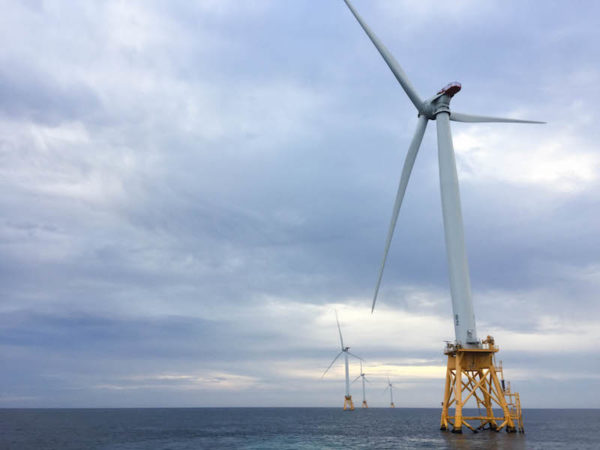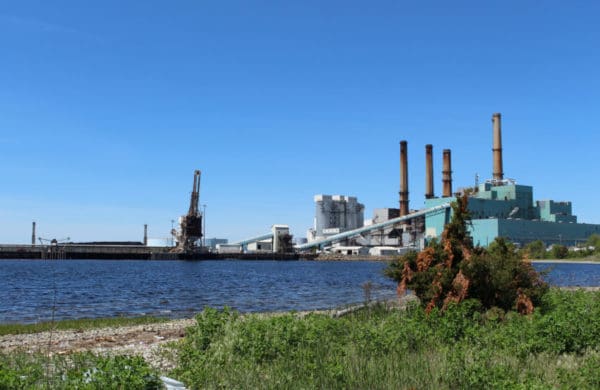Mar 05, 2019
It’s an exciting time for offshore wind in New England, with multiple projects moving forward over the next decade. Developers can move the clean energy industry forward while protecting North Atlantic right whales by following these best practices.
Feb 28, 2019
The ISO’s Forward Capacity Auction 13, conducted on Monday, February 4, 2019, showed once again – strongly and unequivocally – that the proposed Invenergy fracked gas and diesel oil power plant is not needed.
Feb 27, 2019
From climate to transit, from your tap water to the ocean, and from Maine to Connecticut, CLF and New England are poised to make progress where governments falter. Turn Off the Gas Winter Snow and Ice Bring Out Big Gas’s Fearmongers. Why is the Region’s Electric Grid Operator among Them? Progress Report Clear Skies Ahead… Continue reading Conservation Matters Winter 2019
Feb 01, 2019
“Clean Energy Connect has the potential to significantly reduce New England’s climate-damaging emissions,” said Sean Mahoney, Executive Vice President and Director of CLF Maine. “But any approval of the project must depend on CMP providing greater economic benefits for Maine families and businesses, better safeguards for our environment, and a clear path to boost local clean energy here at home.”
Jan 24, 2019
Don’t let Big Gas scare you. New England doesn’t need new fracked gas pipelines.
Jan 23, 2019
As offshore wind projects move forward off of New England’s coast, it’s important to bring this clean energy online while maintaining a healthy ocean. Part of that balance is ensuring that offshore wind development does not harm our iconic – and severely endangered – North Atlantic right whales. CLF and our partners reached landmark agreement with offshore wind developer Vineyard Wind to make sure that this exciting source of clean energy doesn’t come at the expense of our treasured right whale.
Jan 17, 2019
“Storing energy inside our homes is a win for New Hampshire residents and the environment,” said Melissa Birchard, Senior Attorney at CLF. “Today’s decision will help families save money on their electric bills and keep the lights on when winter storms inevitably strike. We must continue to find innovative ways to reduce climate-damaging emissions and encourage clean energy over polluting fossil fuels.”
Jan 17, 2019
“We have many options for heating our homes,” says Greg Cunningham, Director of CLF’s Clean Energy and Climate Change program. “Alternatives like heat pumps avoid the use of oil and natural gas furnaces, which pollute our environment and damage our climate.”
Jan 14, 2019
In the face of the Trump administration’s continued attempts to roll back regulations aimed at curbing climate change, state and local governments must step in. In 2019, it’s essential that we make real progress at a local level to lower polluting emissions. The science is clear: If we don’t collectively cut our climate-damaging emissions to… Continue reading Our Best Weapon in the Fight Against Climate Change? Strong Climate Laws
Dec 19, 2018
Brayton Point Station used to be piled high with dirty coal. But today, it’s in the midst of transforming into a clean energy hub for New England.
